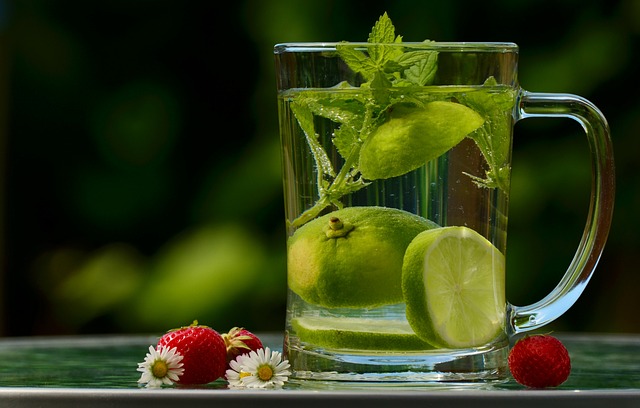The Ultimate Guide to Probiotics: Everything You Need to Know
Probiotics have been gaining popularity in recent years as more and more people are becoming aware of their benefits. Probiotics are live microorganisms that provide health benefits when consumed in adequate amounts. In this ultimate guide to probiotics, we will take an in-depth look at what probiotics are, their health benefits, and the best sources of probiotics.
What are Probiotics?
Probiotics are live microorganisms that are beneficial to the body, especially the digestive system. These microorganisms are naturally found in the gut and can be introduced into the body through fermented foods, supplements, and other food sources. Probiotics are bacteria, but not all bacteria are probiotics.
Health Benefits of Probiotics
Probiotics have a number of health benefits. Some of the most notable benefits include:
- Improved Digestion: Probiotics can help improve digestion and reduce symptoms of diarrhea, constipation, and bloating.
- Boosted Immunity: Probiotics can strengthen the immune system and reduce the risk of infections and illnesses.
- Better Mental Health: Probiotics have been linked to improved mental health, including reduced symptoms of anxiety and depression.
- Reduced Risk of Obesity: Probiotics can help with weight management by reducing appetite and fat absorption.
- Reduced Risk of Allergies: Probiotics can reduce the risk of allergies and other immune-related conditions.
Sources of Probiotics
There are several sources of probiotics, including:
- Yogurt: Yogurt is one of the most well-known sources of probiotics. Look for yogurt that contains live and active cultures.
- Kefir: Kefir is a fermented drink that is similar to yogurt. It contains a variety of probiotics and is a good source of calcium and protein.
- Sauerkraut: Sauerkraut is a type of fermented cabbage that is high in probiotics and vitamin C.
- Kombucha: Kombucha is a fermented tea that is rich in probiotics and antioxidants.
- Miso: Miso is a fermented paste that is commonly used in Japanese cuisine. It is high in probiotics and is a good source of protein.
- Kimchi: Kimchi is a Korean side dish that is made from fermented vegetables. It is high in probiotics and vitamins.
- Supplements: Probiotic supplements are available in capsules, tablets, and powders. Look for supplements that contain a variety of strains and at least 5-10 billion CFU (colony forming units).
Conclusion
Probiotics have several health benefits and can be found in a variety of food sources. Incorporating probiotics into your diet can improve digestion, boost immunity, and promote overall health and well-being. Consider adding probiotic-rich foods to your diet or taking a daily probiotic supplement to reap the benefits of these powerful microorganisms.







